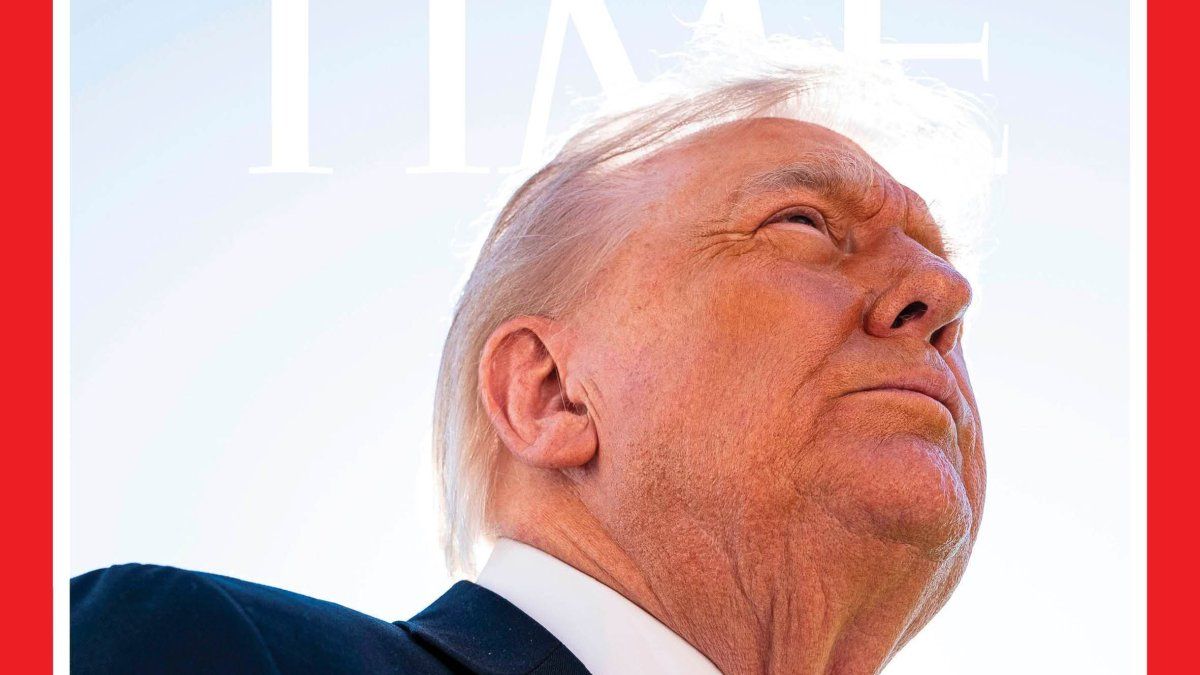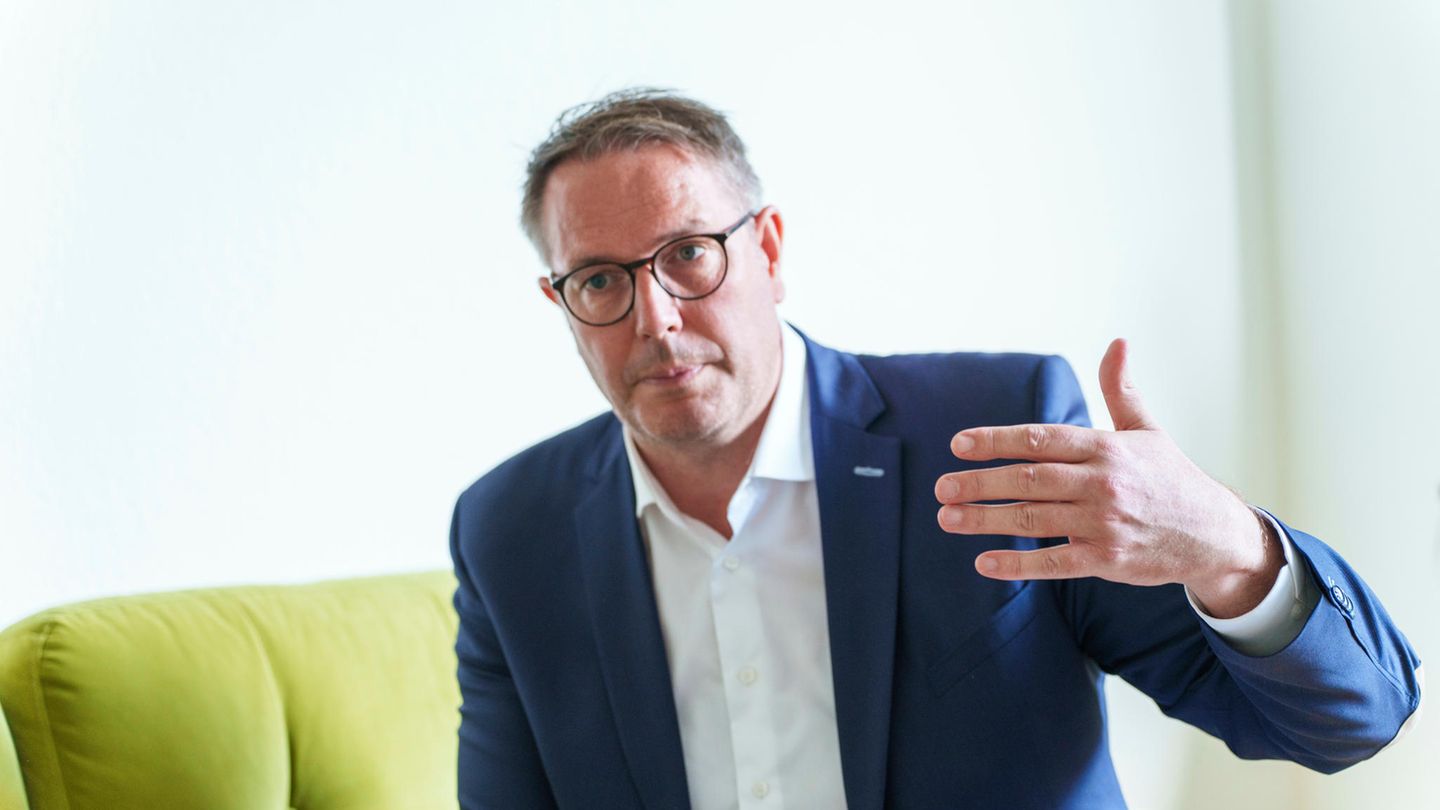I have been working in the news industry for over 6 years, first as a reporter and now as an editor. I have covered politics extensively, and my work has appeared in major newspapers and online news outlets around the world. In addition to my writing, I also contribute regularly to 24 Hours World.
Menu
Malu Dreyer’s successor: Who is Alexander Schweitzer?
Categories
Most Read
Mark Rutte: NATO chief makes fun of Russian navy
October 14, 2025
No Comments
Middle East: Millions of tons of rubble in Gaza – Hamas wants to keep fighting
October 14, 2025
No Comments
Conscription: The government’s back and forth is absurd (Opinion)
October 14, 2025
No Comments
Law on new military service: CSU defends lottery system for military service
October 14, 2025
No Comments
President of Madagascar flown out after violent protests
October 14, 2025
No Comments
Latest Posts

The health benefits of intermittent fasting: the cause that can help the body
October 14, 2025
No Comments
October 14, 2025 – 12:52 Thanks to the rise of intermittent fasting as a diet method, many people wonder what benefits it can bring to

Gaza receives more than 190,000 tons of humanitarian aid from the UN after the peace agreement
October 14, 2025
No Comments
October 14, 2025 – 12:34 The UN announces the massive entry of food, medicine and gas, while workers register intense population movements in the Gaza

Time magazine praised Donald Trump, but was outraged by a detail on the cover
October 14, 2025
No Comments
The renowned American publication time dedicated its last cover to President of the United States, Donald Trump, who stood out as one of the main
24 Hours Worlds is a comprehensive source of instant world current affairs, offering up-to-the-minute coverage of breaking news and events from around the globe. With a team of experienced journalists and experts on hand 24/7.

